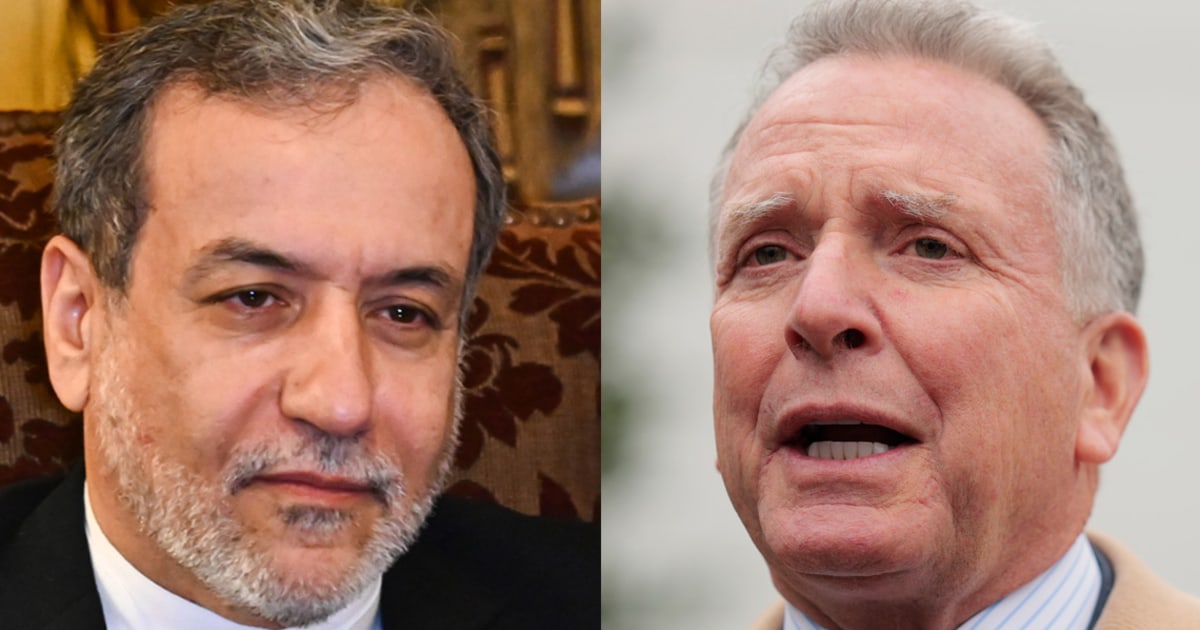U.S. Secretary of State Marco Rubio announced efforts to negotiate an agreement allowing Iran to pursue a civil nuclear program without enriching uranium, although he acknowledged the complexities involved. Iranian Supreme Leader Ayatollah Ali Khamenei dismissed U.S. demands to cease uranium enrichment as “excessive and outrageous,” casting doubt on the potential for fruitful negotiations. Key obstacles include Iran’s refusal to export its highly enriched uranium stock and its ballistic missile program, despite Tehran expressing willingness to impose some limits on enrichment. Iran insists its enrichment is solely for civilian purposes, but requires solid assurances from Washington not to backtrack on any agreed nuclear accord.
Since withdrawing from the 2015 nuclear deal in 2018, former President Trump has reinstated extensive sanctions against Iran, which led to Tehran increasing its enrichment activities beyond the pact’s established limits. Wendy Sherman, a former U.S. negotiator of the 2015 agreement, suggested that convincing Iran to dismantle its enrichment program may be unrealistic, as it is seen as a matter of national sovereignty.
Failure in these negotiations could have severe consequences, especially as Israel remains skeptical of Iran’s intentions and has indicated it would not permit Iran to acquire nuclear weapons. Israeli officials, including strategic affairs minister and Mossad head, are expected to engage in discussions with U.S. negotiators in Rome regarding Iranian nuclear activities. With rising tensions affecting the prospects of the talks, Iranian sources indicated a lack of a clear fallback plan if negotiations were to fail.
Photo credit
www.nbcnews.com



